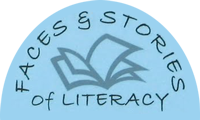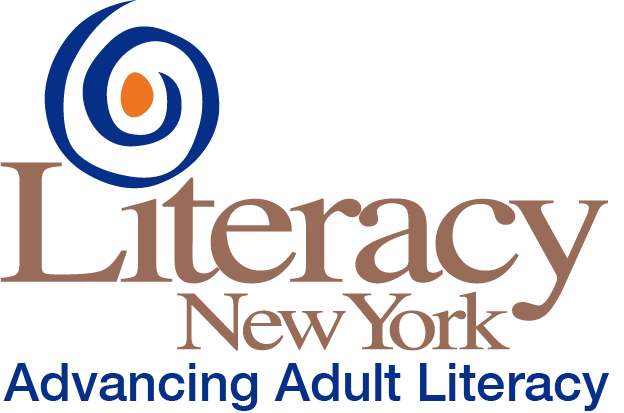Fast Facts - Adult Education and Literacy
- What is adult education? Adult education serves adults 16 years of age and older who are no longer in school and are functioning below the high school completion level. Services include foundation skills (reading, mathematics, and English) coupled with college and career readiness skills leading to adult secondary education and transitioning to post-secondary.
- What is the need for services? According to the National Assessment of Adult Literacy, (NCES, 2005) more than 90 million adults (45% of the population) may not have the skills to fully participate in family, work and community opportunities.
- At present time, adult education programs are able to serve approximately only 2.3 million individuals a year. Waiting lists exist in almost every state with over 100,000 waiting an opportunity to enroll. Less than 10% who want to receive help are currently being served.
- Why is adult education important? Limited education and work readiness skills not only negatively affect individuals' ability to participate in and benefit from work, family and community activities, but also affect many sectors of society.
- 43% of adults with the lowest literacy levels live in poverty.
- 75% of Americans who receive food stamps perform at the lowest 2 levels of literacy, and 90% of high school dropouts are on welfare.
- Low literacy costs the American economy $225 Billion a year in lost productivity. In 1950 60% of all jobs were classified as "unskilled" and available to those with high school diplomas or less. Now more than 80% of jobs are skilled, requiring education and training beyond high school.
- Children whose parents have low literacy levels have a 72% chance of reading at the lowest level. These children are more likely to get poor grades, display behavioral problems, have high absentee rates, repeat grades or drop out of school. The more educated the parents, the greater the likelihood their children will succeed.
- $232 Billion a year in health care costs is linked to low adult literacy skills. TheAmerican Medical Association estimates that 46% of adults cannot read and follow medical instructions, incurring medical expenses that are up to four times greater than patients with adequate literacy skills.
- 75% of prison inmates are functionally illiterate. Participation in correctional education reduces recidivism. This is significant, as 95% of the more than 2.3 million inmates incarcerated in the United States will eventually be released.
- Nearly 85% of the juveniles who face trial in the juvenile court system are functionally illiterate, further underscoring the relationship between illiteracy and crime.
- 2 million immigrants come to the US each year—approximately 50% lack High School education and English language proficiency.
- A March 2016 report, "Skills of US Unemployed, Young and Older Adults in Sharper Focus," issued by the international Organization for Economic Cooperation and Development concludes that US adults have weaker problem solving skills and merely average literacy skills compared to adults in 17 other countries.
- From the report, "American workers, once the best educated in the world, are now among the least well-educated in the industrialized world."
- According to the National Commission on Adult Literacy:
- The US could save $1.4 Billion per year in reduced costs from crime if the High School completion rate increased by just 1% for all men aged 20-60.
- Overall lifetime earnings would increase up to $191 billion if all adults aged 25-64 without a High School Diploma acquired a diploma or equivalent.
- Return on Investment: Investment in adult education results in higher salaries, enhanced job security, greater business productivity, increased consumer spending, increased tax revenues, reduced correctional costs and decreased drain on social program services. In addition, parents are better able to support their child's education, and lead healthier, more productive and engaged lives.

George - Tutor
I became a Literacy NENY volunteer in 2002. I started by teaching reading but soon found that there was also a need for math tutors and I have been teaching math for the last four years.
This volunteer activity has become one of the most personally rewarding experiences of my life. My typical client is a self-motivated individual who wants to obtain a GED and is committed to this end result. Despite their initial fears that algebra, geometry and trig are light years away from their understanding, all clients who have completed this training with me have successfully obtained their GEDs.
My clients become my friends and my friends become my inspiration. This is one of my most joyous results of our collaborative efforts and I am personally grateful to the founders and administrators of this organization for providing this opportunity for my friends and me.





